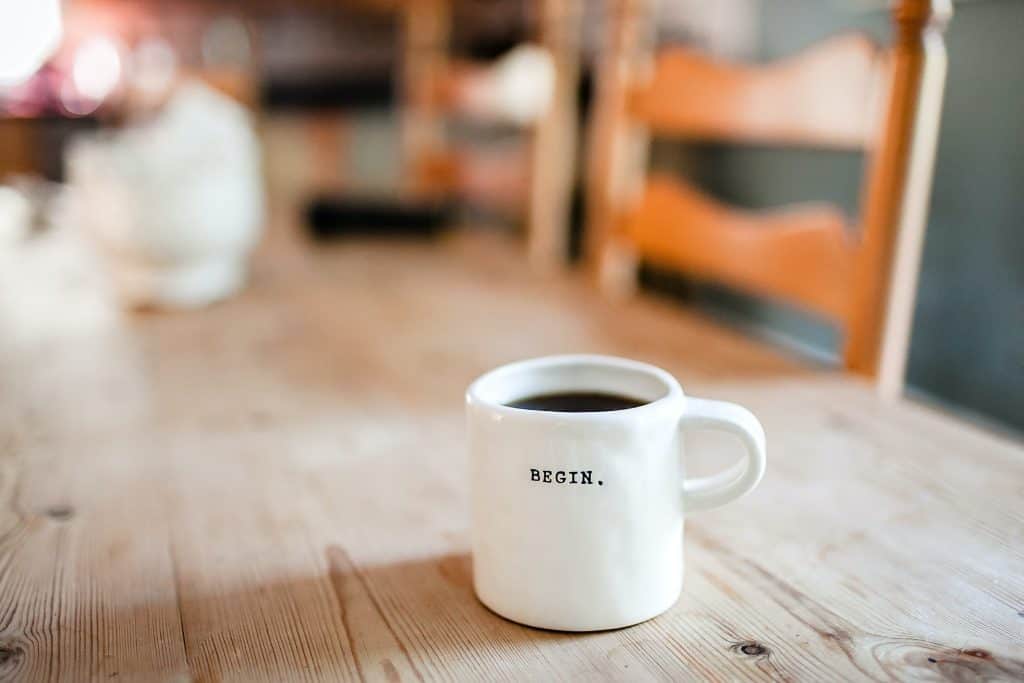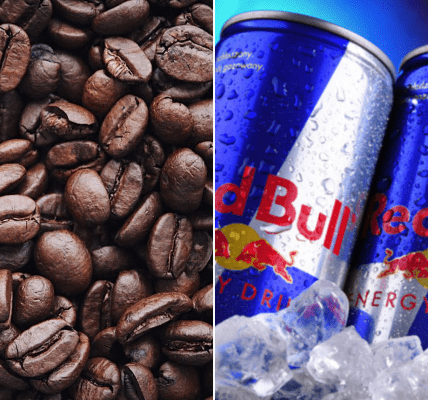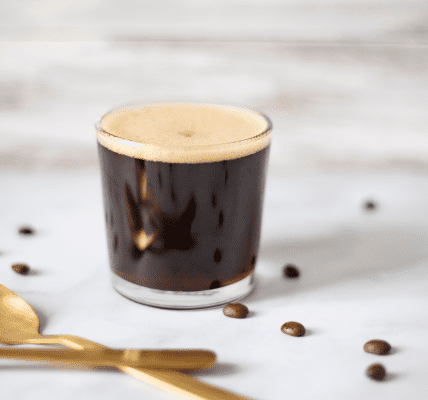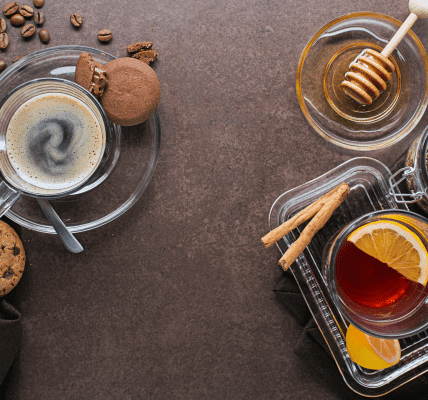
We love a good cup of coffee (as you might inagine!) here at MGC Head quarters. That’s not just because of its amazing range of tastes and ever-appealing caffeine kick. It comes with a whole host of health perks, too. Given the right daily amount can even add years to your (coffee-drinking) life. If it’s a matter of proportion, it begs the question: how long does caffeine last? The answer to this will involve you enjoying heaps of it. Let’s go for it!
The science behind coffee intake by the body
Table of Contents
From nought to sixty in… minutes!
This may seem slow in automotive terms, but you’ll probably already know it’s not that slow for your coffee to take effect: it kicks in pretty fast. Indeed, coffee gets ingested already as it passes through your mouth and throat, as it permeates through the tissues instantly. Gone in 60 seconds it aint! (do you see what we did there?!)
After 10 minutes, caffeine starts showing substantial effects, with an upwards trend for another 30 minutes, give or take. Peak-effect tends to unfold after 30 to 45 minutes. At that moment, the subject – you, relaxed and reclining comfortably in your armchair – displays heightened attention levels thanks to an increase in blood supply to the brain. Even the most active of coffee buffs get all the goodness out of their espresso, as caffeine happens to increase oxygen consumption during exercise.
For your body to rid itself of the caffeine altogether takes hours. Half of it should disappear from your bloodstream within 3 to 6 hours, with the remaining half taking another couple of hours to something like 8 hours. Hence the advice not to drink coffee in the eight hours leading up to bedtime.
Coffee jargon
So the enzyme your body uses to process caffeine goes by the sweet name of CYP1A2. What it does is block those receptors in the brain called adenosine, that would otherwise send signals for drowsiness. That’s it basically. We’ll not bore you with more detail in this post, though.
Coffee is good for you
Now the fun part. If you consume it sensibly, coffee carries many health benefits. It decreases the risk of heart attack and stroke, possibly offers protection against Alzheimer’s, dementia and some forms of cancer. It provides vitamins B, magnesium and potassium. Did we forget to mention antioxidants? Drink less than 400mg a day and pair with lots of water intake for best results!
Who are you?
Many factors contribute to the speed with which our body processes caffeine. You guessed it: gender, genetics and pre-existing health conditions all play a role. Here’s a little roundup.
Women versus Men
Generally, women absorb caffeine quicker than their male counterparts. This is true for women who aren’t on the contraceptive pill, which in turn slows down the processing of caffeine.
Gene pool
Studies have found that people of Asian origin process coffee at a slower rate. This could mean that instead of clearing caffeine completely in 8 hours, your body may need 12 based solely on genetics. Independent of your origin, there are differences to how your genes deal with caffeine, meaning some of us report being very sensitive to coffee’s effects whereas others can knock down espresso after espresso without feeling overly jittery.
Overall health
For the smokers among us, caffeine is assimilated twice as quick. Not bad news, considering the joys of a good espresso paired with a cigarette. Far better for your health of course is to quit smoking so your tastebuds get to enjoy the full array of your coffee’s subtle aromas.
Aside from smoking, liver disease also has an impact on the rate of caffeine breakdown, this time lengthening the process. Worthy of note is that some studies suggest drinking coffee slows the progression of liver disease in some patients. For more on this topic click here.
Where medication and supplements are concerned, some products can increase the concentration of caffeine. It is therefore advisable to speak to your doctor about possible adverse effects of caffeine intake. One such example is echinacea – it reacts to caffeine by increasing its efficacy.
Got a minute?
Then stay tuned for this: the time of day you consume coffee dictates how you respond to it. A bunch of friendly Canadian scientists have explained this theory in layman terms for us here.
Basically, there are times in the day when your body produces cortisol. This little hormone fires the awake signals in us. Typically, it will be active morning, noon and early evening. These are the times during which no amount of coffee can top its action. Translation: between 8 and 9am or within one hour of waking, between 12 and 1pm as well as 5.30 and 6.30pm you can give your coffee machine a break. Doing so will actually maximise the caffeine boost you get when you do reach for a hot mug.
However, drinking coffee in peak cortisol times leads to a caffeine tolerance. This will have you needing stronger doses to support your state of alertness throughout the day. So space out your drinks around these time slots to respect your body’s biological clock.
What’s your tipple?
Coffee is the spice of life
In all things coffee you’ll find diversity. The strength and length of caffeine’s effects varies according to the type of coffee you drink. Take the two main types of coffee beans for example. Robusta beans contain twice the amount of caffeine held in Arabica coffee. The latter being of superior quality, you can enjoy more of the brew without exceeding the recommended 400 mg of caffeine a day.
Decaf drinkers, beware! Most so-called decaffeinated coffees do actually contain caffeine, albeit in much lower quantity. However, when you accumulate many cups in the course of one day, you could find yourself losing some sleep over it! For reference, please check the table in this link.
The proof is in the puck
Freshly ground coffee just prepared from a coffee machine has got to last longer than your average instant coffee. Fact. Other strong choices include coffee makers such as the French press or the Italian stove-top pot. But how about alternatives such as a filter coffee maker or coffee bags? Never has the good old mug seen as many shades of caffeine as when you take a closer look at how it is made.
By the by, if you haven’t settled on your coffee machine of choice or brand, coffee bags or filter coffee maker yet, we recommend you scan these how to guides:
A 50ml espresso holds 50mg of caffeine, whereas a 125ml cup from the filter coffee maker gives you 80 to 120mg. That is quite a bit less. Add to this the fact that milk and sugar both reduce your body’s ability to assimilate caffeine, and you get an even wider imbalance when comparing an espresso to say, a cup of milky sweet coffee at the office.
But whatever you order or brew for yourself next, whoever you are, there is goodness in it for you and enough to brighten up your day. Fire it up!



